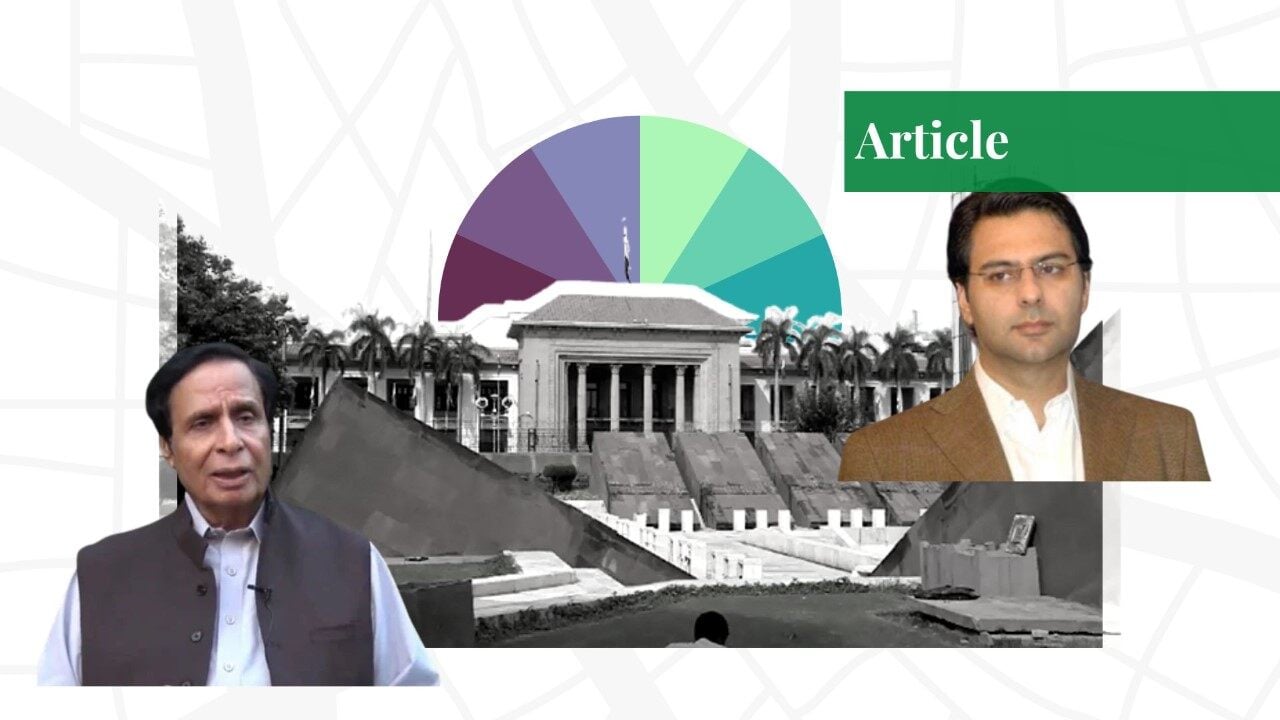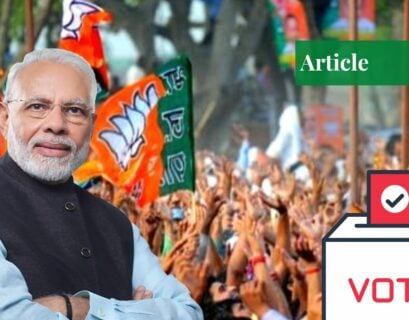What Does the Kingmaker Have to Say?
It is astonishing to note that with only 5 seats in the National Assembly of Pakistan and 10 seats in the Punjab Assembly, PML-Q enjoys an extremely valuable position in the politics of Pakistan. Chaudhry Pervaiz Elahi and his party PML-Q are termed the “kingmakers” of Pakistan.
In the recent political turmoil, PML-Q is the most important player for both PML-N and PTI. PML-Q could turn the tables by just affiliating with 167 members (additional alliances) of PML-N or with 180 members of PTI in the Punjab Assembly. Pervaiz Elahi as the Chief Minister of Punjab is the symbol of power and privilege he and his party occupy while being a minority.
Founding & Manifesto
The seeds of the Pakistan Muslim League Quaid-e-Azam were planted in 1997 when the political differences were very high among PML-N. A political faction vocally supported the military coup, and with Chaudhry Shujaat Hussain as the leader of this newly formed party, PML-Q was formed.
The party was officially founded in 2002 and turned out victorious in the elections with 78 seats in the National Assembly of Pakistan. The dissidents of PML-N quickly joined PML-Q which included Mian Muhammad Azhar, the former governor of Punjab, Syed Fakhar Imam, and Ijaz-ul-Haq.
PML-Q’s manifesto at that time after the formation was clearly aligned with the then president of Pakistan’s liberal policies and the party was motivated to introduce social, political, educational, and health reforms in Pakistan. The party’s portfolio included the 5 D’s; democracy, development, diversity, devolution, and defense.
The party also enjoyed complete and strong support from the establishment of Pakistan. In the 2002 elections, when 70 parties were contesting among each other, the help of presidential ordinances by Musharraf paved the way for PML-Q. He promulgated two ordinances to harm the political position of his enemies, mainly Nawaz and Benazir.
The first ordinance outlawed any person to hold the premiership of state more than twice. Musharraf hit two birds with one stone, and both Nawaz and Benazir were banned from leading the country. The second ordinance clearly aimed to dismiss Benazir fully. It stated that a person ineligible for contesting elections couldn’t lead a political party, so Benazir had to change the name of her party from Pakistan People’s Party to Pakistan People’s Party Parliamentarians.
PML-Q surprisingly won the majority of seats due to the unprecedented support of the military regime. However, it should be noted that the international media and global institutions reported excessive rigging. Commonwealth observers group reported that the governors, chiefs, and nazims were busy assisting the PML-Q.
The results of the 2002 election distinctly clarified that no party was in a situation to form the government. PML-N and PPP were ruled out earlier, and the demand of MMA for PM-post and adopting an anti-US policy was not acceptable to Musharraf. Instantly, 10 members of PPP-P formed a forward block to form a government with PML-Q but article 63(A) of the constitution proscribed it. Hence, to support PML-Q, Musharraf suspended the article and a government was formed.
It would not be wrong to articulate that this party has high stakes in the power corridors. To enhance and publicize their narrative among the masses, PML-Q picked the discourse of association with the All India Muslim League of which Muhammad Ali Jinnah was the president. This discourse benefited PML-Q in normalizing their illicit means to achieve power and building a smokescreen in the eyes of the masses for their relationship with the military regime.
The Succeeding Elections
In the 2008 elections, Pakistan People’s Party won 124 seats in NA, while PML-N obtained only 91. However, Musharraf’s favorite lost its ability and lessened to 54 seats. PPP tried to bond with PML-N, but it didn’t last long. So, the majority was achieved by tying the knot with MQM. It was a surprise to PML-Q when in 2011, PPP joined hands with them to form an alliance that lasted till the end. In the history of Pakistan, it was the first time Pervaiz Elahi of PML-Q was appointed as Deputy-Prime Minister of Pakistan.
In the 2013 elections, PML-Q faced a bad hit because the party experienced a breakdown into many factions and failed to achieve any primary position in the government because of PML-N’s clean sweep with 176 seats in the National Assembly of Pakistan.
In the 2018 elections, PTI won 154 seats and formed different alliances with PML-Q and independent candidates. In the Punjab Assembly, Pervaiz Elahi was awarded the post of speaker after the elections. The political game show after the removal of Buzdar twisted the media and generated exceptional drama.
The Oath of Allegiance
Moreover, the ruling of the Supreme Court proved to be a devastating blow to Hamza Shehbaz of PML-N, with Pervaiz Elahi being elected for the second time as the CM of Punjab. The kingmakers smoothly attained power in the most populated province of Pakistan which substantiates that the Chaudhry brothers of Gujrat always manage to surprise; they have the potency to achieve their objectives and their capability to negotiate is exceptionally outlandish and strange.
Once again, the recent advancements in the dissolution of assemblies of Pakistan have once again pushed the Chaudhries into a trial of loyalty. The leadership of PML-Q has vowed to remain faithful to its coalition partners, but the ruling party is dedicated to overthrowing the coalition and trying to commence a legal war again.
If you want to submit your articles and/or research papers, please check the Submissions page.
The views and opinions expressed in this article/paper are the author’s own and do not necessarily reflect the editorial position of Paradigm Shift.



















